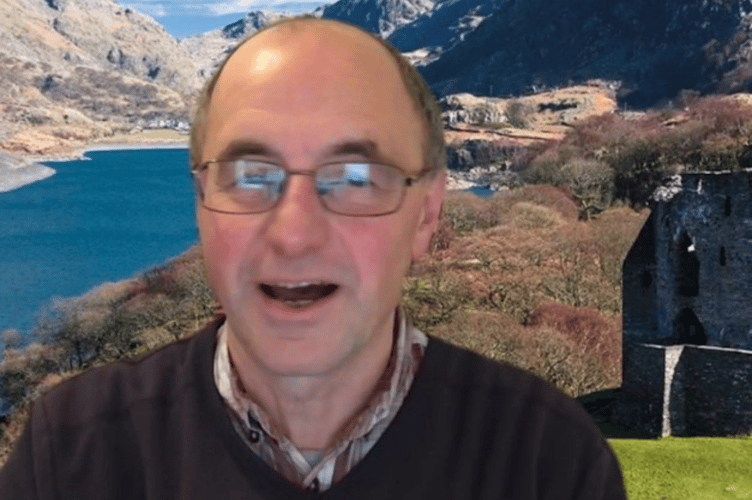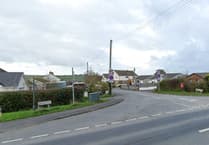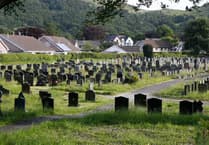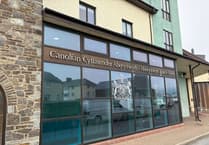Concerns over delays to housing developments across Gwynedd due to a water quality policy have been raised.
Cyngor Gwynedd council’s full council heard this week it currently has nine planning applications which are yet to be determined due to issues over phosphorus levels.
The problem stems from tighter planning guidance from Natural Resources Wales (NRW) for developments that may affect phosphorus-sensitive rivers in Special Areas of Conservation (SAC).
The guidance meant any development in affected catchments must prove they won’t increase phosphate levels in rivers, as this can lower drinking water quality and harm sensitive aquatic wildlife.
Llanwnda Councillor Huw Rowlands has described how the first phase of the new 26-home Gwel Y Foel estate had been completed but due to worries over the Afon Gwyrfai the second phase was now on hold.
The situation comes as Cyngor Gwynedd faces a housing and homelessness crisis.
Cllr Rowlands said: “The housing crisis here in Gwynedd is affecting the residents of the area.
“Therefore, having any issues that puts a halt on housing local people is worrying.”
During Cyngor Gwynedd’s full council meeting on Thursday, he questioned the council’s cabinet member for the environment, Cllr Dafydd Meurig, about the issue.

Cllr Rowlands asked: “What effect are phosphorus emissions on river catchments in Gwynedd having on new developments, and what discussions has the council had had with the appropriate agencies to find a solution?”
Cllr Meurig replied it was a “complex problem” and referred the council members to a written answer, apologising for it being “lengthy and technical”.
He told the Caernarfon meeting that in 2021 Natural Resources Wales had published a report showing that some rivers in SACs were failing to meet the revised water quality targets for phosphorous.
He said: “Although the Gwyrfai and Glaslyn in Gwynedd were not failing, some new developments could lead to more phosphorus going into the river catchment.
“Currently the council has around nine planning applications which haven’t yet been determined due to phosphorus emissions including a development of 16 affordable houses in Dinas.”
Studies had showed in the Gwyrfai that around 80 percent of the phosphorus comes from the Welsh Water treatment works and NRW was holding a review of the licensing of water companies against phosphorus targets.
He added: “They are revised targets, they have to complete this work by July, 2024 across Wales.
“To date no revised permits have been issued for Gwynedd.
“To answer the question, once the licenses have been revised, published and issued the planning service of this council can then hold discussions with Welsh Water about the capacity of their waste water treatment plant.”
Cllr Rowlands then asked what pressure Cyngor Gwynedd could place on Welsh Water so they upgraded their water treatment works.
Cllr Meurig replied it was a matter between Natural Resources Wales and Welsh Water.
The problem, he said, was “worse in other councils”.
He added: “July 2024 is when we would expect these reviews to be completed, but I am happy to write to both bodies to hasten the work so we can proceed with planning applications.”





Comments
This article has no comments yet. Be the first to leave a comment.